The Great Ace Attorney Chronicles has exciting mysteries, but I want more courtroom shenanigans
Capcom's early-access preview hints that the years of waiting have been worth it.
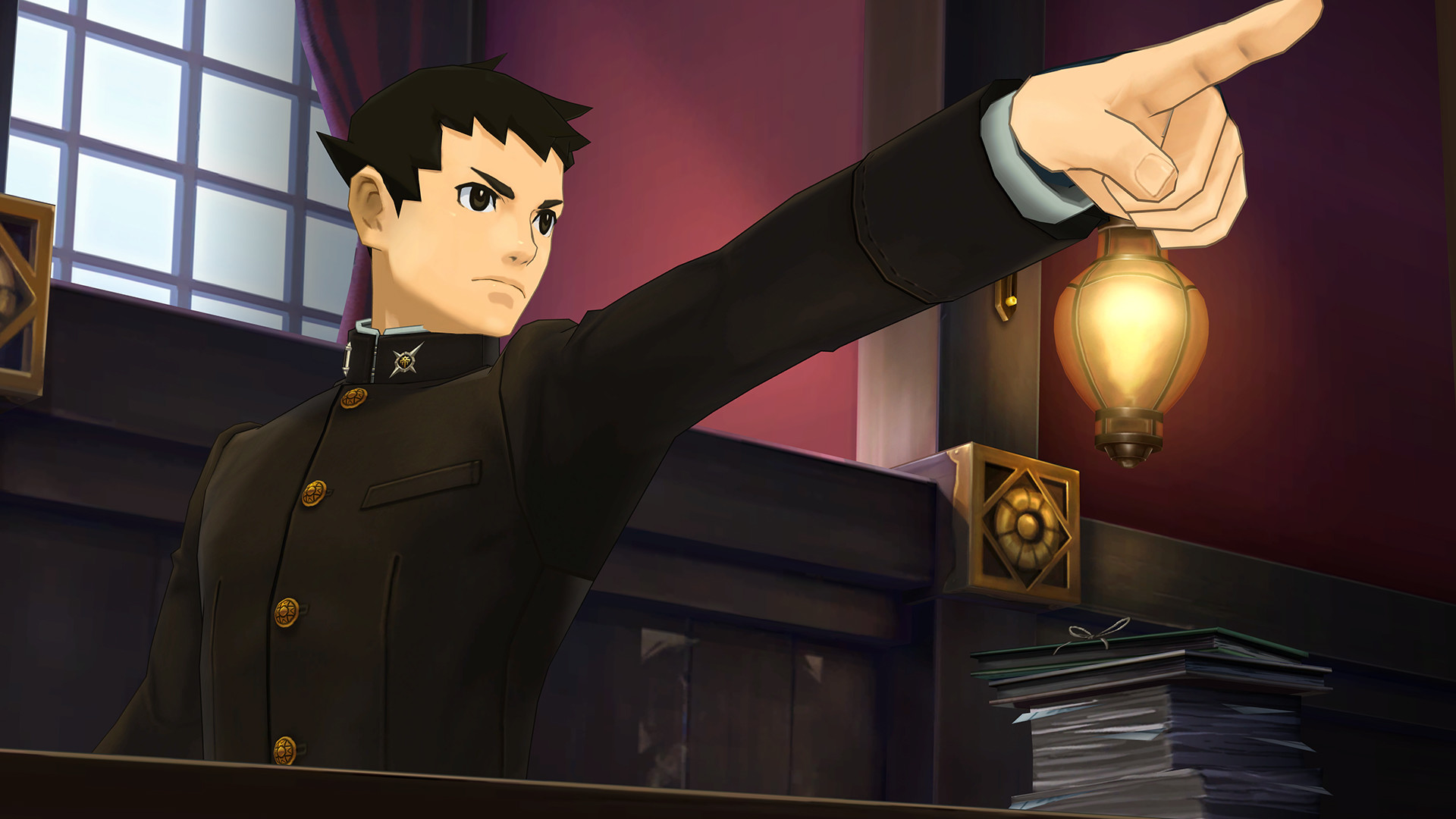
It's almost here, the moment international Ace Attorney fans have waited years for: The Great Ace Attorney: Adventures and The Great Ace Attorney Adventures 2: Resolve are finally releasing in English. It's been a long time coming, and no one even knew if an international release was on the cards until Capcom revealed the good news in April. Conveniently, the pair are being neatly bundled together in one package for PC on July 27. The release day is so close it's time to start warming up those vocal cords for the courtroom.
The story of the two prequels follows Phoenix Wright's 19th-century ancestor, Ryūnosuke Naruhodō, who has travelled from Meiji Period Japan to Victorian England, solving mysteries and defending those in need of legal assistance. Both games have a bustle of new cases to solve and I got the chance to delve into the courtroom antics of three cases from the first game, The Great Ace Attorney: Adventures. I'm happy to say the years of waiting have, so far, been worth it.
Over the twenty years the series has been around, the Ace Attorney games have always tried to unravel the idea of what 'justice' really is. In previous games, Phoenix Wright has had to pull some major courtroom stunts, grappling with guilty defendants and forged evidence. From the preview build, it looks like The Great Ace Attorney: Adventures will be no different. Naruhodō and his legal assistant Susato Mikotoba have travelled to London to learn about Britain's legal system which has been self-described as one of the "greatest judicial systems in the world."
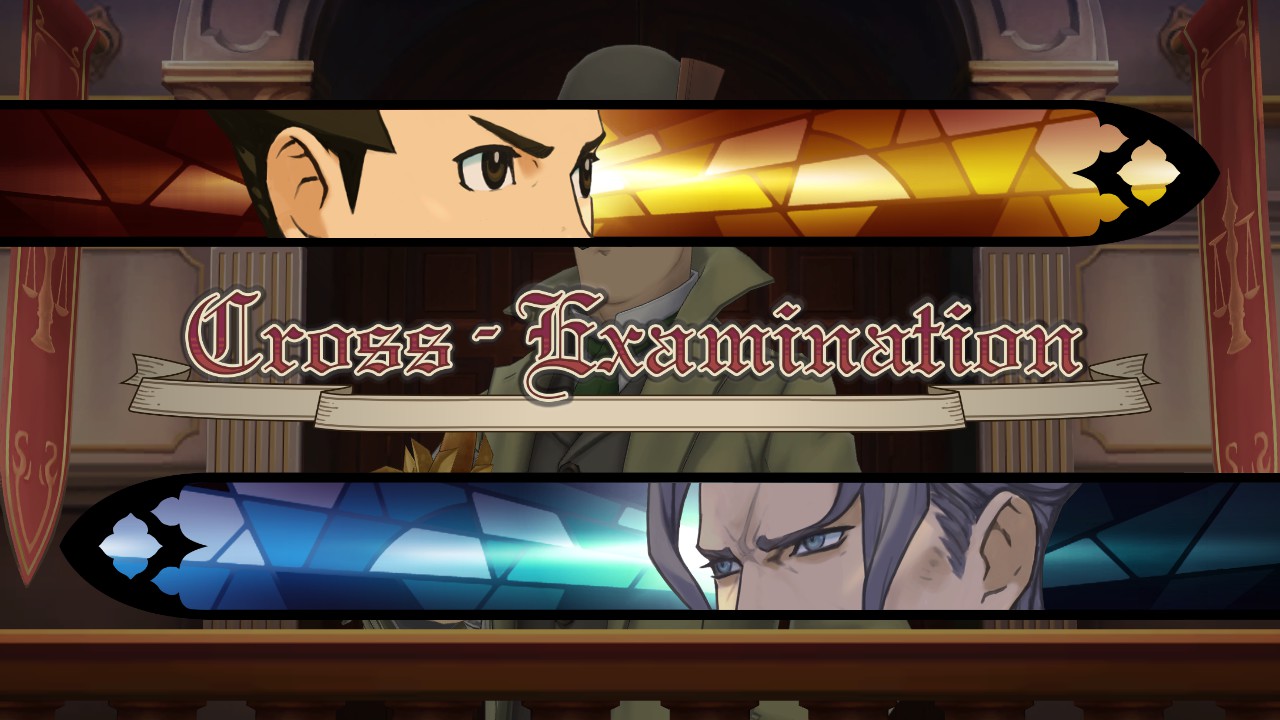
In a completely different country with its own culture and legal system, Naruhodō grapples with Victorian Britain's ideas of truth and justice, while something sinister hides beneath London's seemingly pristine underbelly. It's an interesting tension that carries throughout the three cases I played, and something the series is better able to explore thanks to the new setting.
Joining Naruhodō and Susato on their courtroom escapades is a cast of new characters. The series is known for its kooky cohort, and The Great Ace Attorney Chronicles does not miss that mark. I'm completely smitten with Susato, whose knowledge and insight into the British court system has saved our leading lawyer's ass more times than I can count.
There's also Tobias Gregson, a grumpy Scotland Yard detective who, even in the courtroom, is constantly munching on fish and chips wrapped in newspaper. As a Brit, it's a stereotype I am more than happy about. Of course, there's also your opposition, the elusive Barok van Zieks, a cutthroat prosecutor known as "Grim Reaper of the Old Bailey", but really he's just a drama queen. Van Zieks has that classic Ace Attorney prosecutor flair: he drinks out of a golden chalice, casually throws bottles of wine around the courtroom, and occasionally slams his boot down on the prosecution table when he gets annoyed.
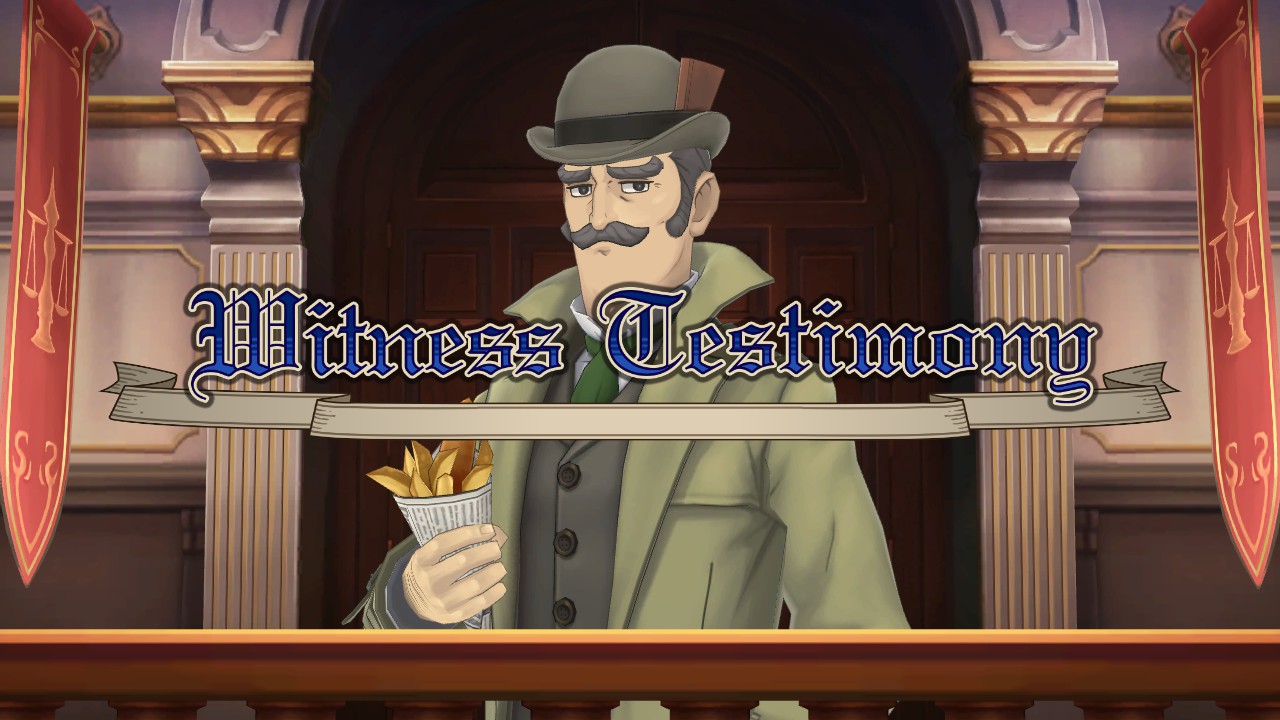
The Great Ace Attorney: Adventures and The Great Ace Attorney 2: Resolve originally came out on 3DS in Japan in 2015 and 2017 respectively, then were ported to mobile. Hopefully Capcom will consider porting the series' other spin-offs. Pretty please, Capcom?
The only character I'm having trouble connecting with is Naruhodō himself, who feels a little wooden. You can see the family ties with Phoenix—Naruhodō is a young lawyer way out of his depth but whose heart is in the right place—but there was something sincere with Ace Attorney's previous lawyers that Naruhodō is missing.
The biggest gaming news, reviews and hardware deals
Keep up to date with the most important stories and the best deals, as picked by the PC Gamer team.
Then, of course, there's Sherlock Holmes—oops I mean 'Herlock Sholmes'—the famous detective who helps out with investigations. Capcom has definitely leaned into the 'eccentric genius' with Herlock, with the character serving as a comical caricature rather than a keen-eyed intellectual. Alongside his eccentric personality, many of his deductions are completely inaccurate, leaving Naruhodō with the job of fixing his mistakes in a mini-game that takes place in the investigation sections.
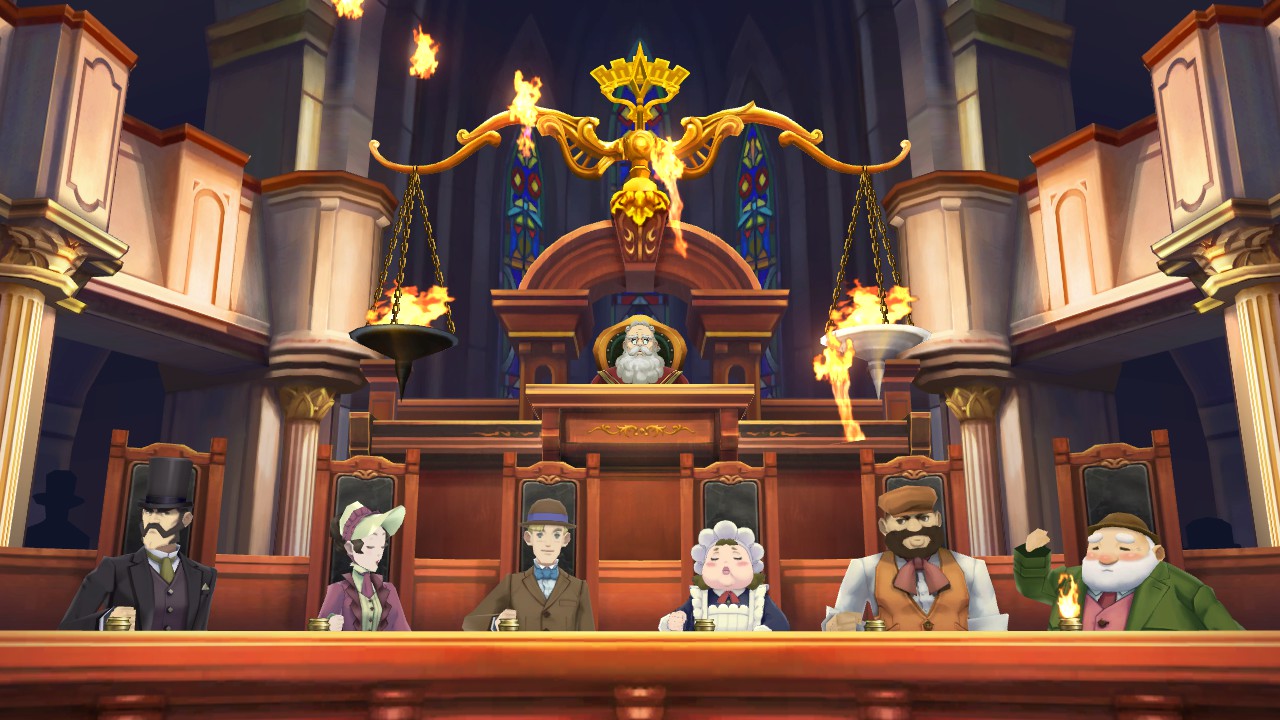
That's not the only new feature in The Great Ace Attorney. The courtroom adventure has inherited the juror system seen in the Professor Layton vs. Phoenix Wright crossover, where lawyers must convince a six-member jury instead of just persuading the judge. Instead of trials being a head-to-head scuffle with prosecutors, you need to keep the jury's favour and can now cross-examine the jurors, pointing out contradictions between them. It's a great way of breaking the repetition trials can fall into, which is normally a loop of finding contradictions in testimony and backing it up with evidence until the trial is over.
The three trials in the preview have all been intriguing mysteries, but I'm still waiting for the game to really crank things up to 11. The courtroom in the Ace Attorney series is more like a theatre stage. There's melodrama, high stakes, and tense exchanges where your weapons are reasoning and words. It can get ridiculous, sure, but there's often an edge to it. I've yet to really see The Great Ace Attorney pull out all the stops, but the series does have a habit of leaving the biggest twists and turns to the finale, every interconnected case neatly falling into place for an epic conclusion. It will be interesting to see if The Great Ace Attorney can pull off the same feat.
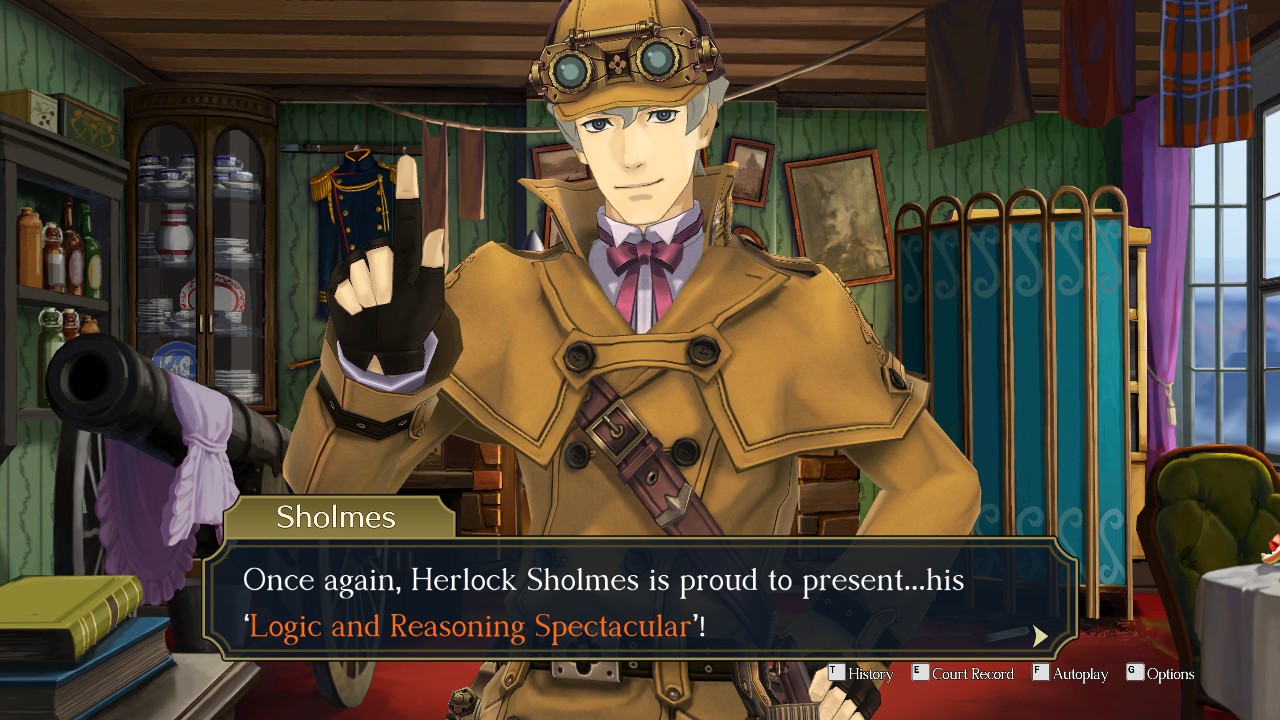
I've enjoyed much of what The Great Ace Attorney Adventures has to offer, but there's an aspect to the games that is difficult to overlook. Because the game follows the adventures of a young Japanese law student in late 19th century Victorian England, there's a lot of racial discrimination toward Naruhodō and other Japanese characters.
Casual racism is prominent in conversations. Comments thrown around include describing Japanese characters as 'sneaky' and 'shady', and there's just a general distrust of anyone who isn't constantly shovelling fish and chips into their mouth. The Great Ace Attorney is obviously a Japanese game made by Japanese creators who want to comment on the social, racial, and class discriminations of the era, but the way that the British main characters treat the Japanese characters is beyond uncomfortable and makes things incredibly awkward for characters you're supposed to like.
From what I've played so far, The Great Ace Attorney feels like a great extension of the series. With colourful 3D models and a full orchestra to work with, the game looks and sounds fantastic, and the new juror and deduction mini-games mix up the older games' structure in a good way. I enjoyed the three cases I played, but with two more to go, I'm hoping for some more punchy moments. I've yet to get caught up in the rush of explosive rebuttals and the courtroom shenanigans have been pretty tame. I'm not expecting the absurd heights of making a parrot testify in court, but I'm hungry for more twists and turns. I want more drama. There are hints of a story thread that ties the cases together which I've yet to discover, but it's a great teaser for what's yet to come.
Rachel had been bouncing around different gaming websites as a freelancer and staff writer for three years before settling at PC Gamer back in 2019. She mainly writes reviews, previews, and features, but on rare occasions will switch it up with news and guides. When she's not taking hundreds of screenshots of the latest indie darling, you can find her nurturing her parsnip empire in Stardew Valley and planning an axolotl uprising in Minecraft. She loves 'stop and smell the roses' games—her proudest gaming moment being the one time she kept her virtual potted plants alive for over a year.


